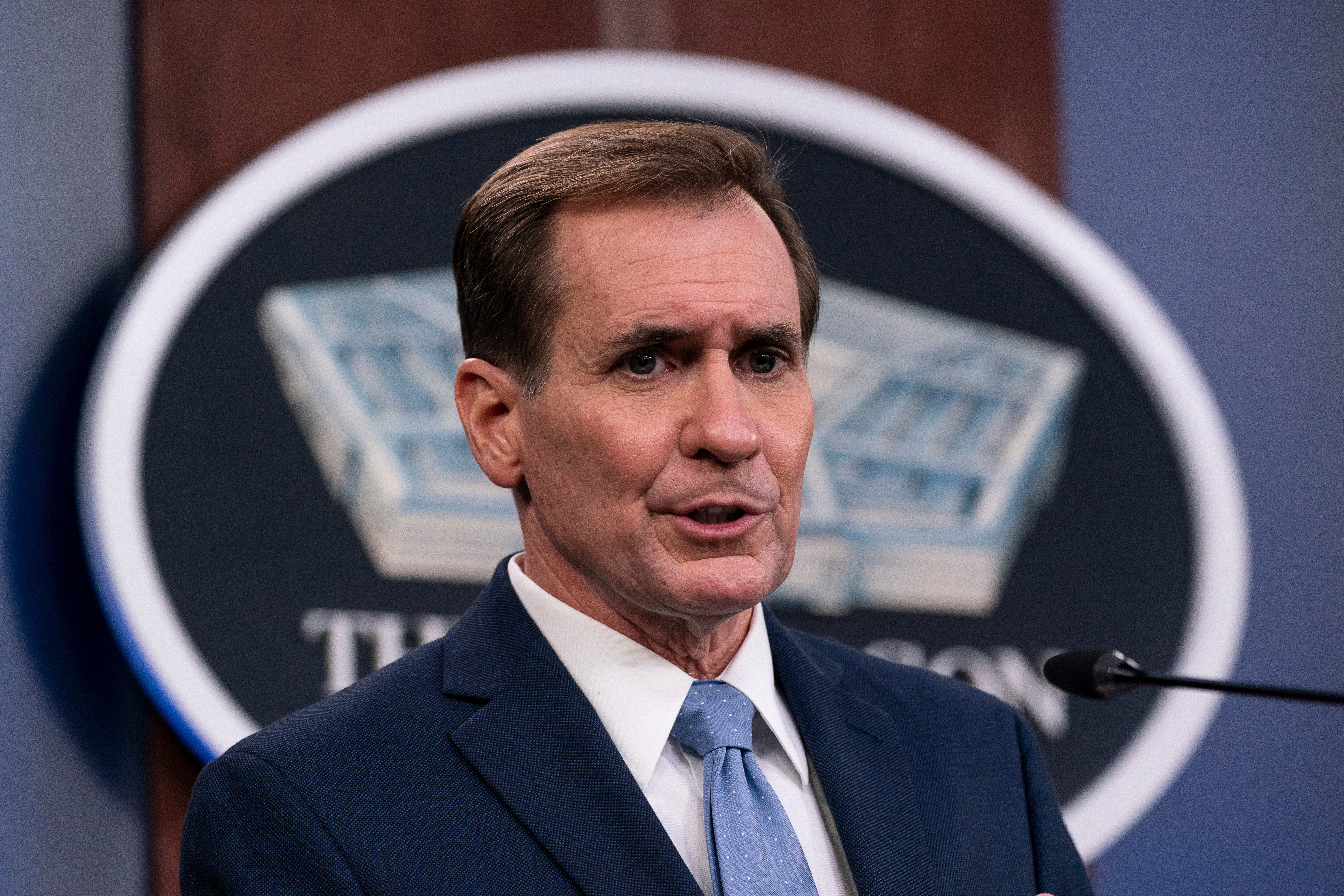Taliban violence raises questions about US troop withdrawal
The Pentagon says the Taliban’s refusal to meet commitments to reduce violence in Afghanistan is raising questions about whether all U.S. troops will be able to leave by May as required under the peace agreement

Your support helps us to tell the story
From reproductive rights to climate change to Big Tech, The Independent is on the ground when the story is developing. Whether it's investigating the financials of Elon Musk's pro-Trump PAC or producing our latest documentary, 'The A Word', which shines a light on the American women fighting for reproductive rights, we know how important it is to parse out the facts from the messaging.
At such a critical moment in US history, we need reporters on the ground. Your donation allows us to keep sending journalists to speak to both sides of the story.
The Independent is trusted by Americans across the entire political spectrum. And unlike many other quality news outlets, we choose not to lock Americans out of our reporting and analysis with paywalls. We believe quality journalism should be available to everyone, paid for by those who can afford it.
Your support makes all the difference.The Pentagon on Thursday said the Taliban s refusal to meet commitments to reduce violence in Afghanistan is raising questions about whether all U.S. troops will be able to leave by May as required under the peace agreement.
Pentagon chief spokesman John Kirby said the U.S. stands by its commitment for a full troop withdrawal, but the agreement also calls for the Taliban to cut ties with al-Qaida and reduce violence. Echoing what senior military and defense leaders have asserted in recent months, Kirby said the Taliban has not yet met the requirements set in the peace agreement.
“Without them meeting their commitments to renounce terrorism and to stop the violent attacks against the Afghan National Security Forces, it's very hard to see a specific way forward for the negotiated settlement," Kirby said. "But we’re still committed to that.”
White House and State Department officials have made it clear that President Joe Biden's administration plans to take a new look at the peace agreement, which was signed last February with the Trump White House.
The White House said Biden’s national security adviser, Jake Sullivan, told his Afghan counterpart in a phone call last Friday that the new administration will “review” the deal. And newly installed Secretary of State Antony Blinken said Wednesday the administration wanted to take a detailed look to "understand exactly what is in the agreement” before deciding how to proceed.
“The Taliban are not meeting their commitments to reduce violence and reduce their ties to al-Qaida,” Kirby told a Pentagon press conference on Thursday. “As long as they're not meeting their commitments, it's going to be difficult for anybody at that negotiating table to meet their commitments. In fact it wouldn’t be the wise course. We obviously are still committed to ending this war, but we want to do it in a responsible way.”
The peace agreement called for the U.S. to reduce troop levels to 2,500, and then to remove all forces by May. Former President Donald Trump ordered U.S. troops levels in Afghanistan cut to 2,500 just days before he left office, presenting Biden with difficult decisions about how to retain leverage against the Taliban in support of peace talks.
A key concern in the Pentagon is the continued high levels of Taliban violence against the Afghans. And some U.S. officials have questioned the wisdom of fully withdrawing if violence remains high.
Military officials have said there are now 2,500 U.S. troops in Afghanistan, mainly conducting counterterror operations.
Taliban representatives and the Afghan government earlier this month resumed peace talks in Qatar, the Gulf Arab state where the insurgents maintain an office. The stop-and-go talks are aimed at ending decades of conflict. But frustration and fear have grown over a recent spike in violence, and both sides blame the other.